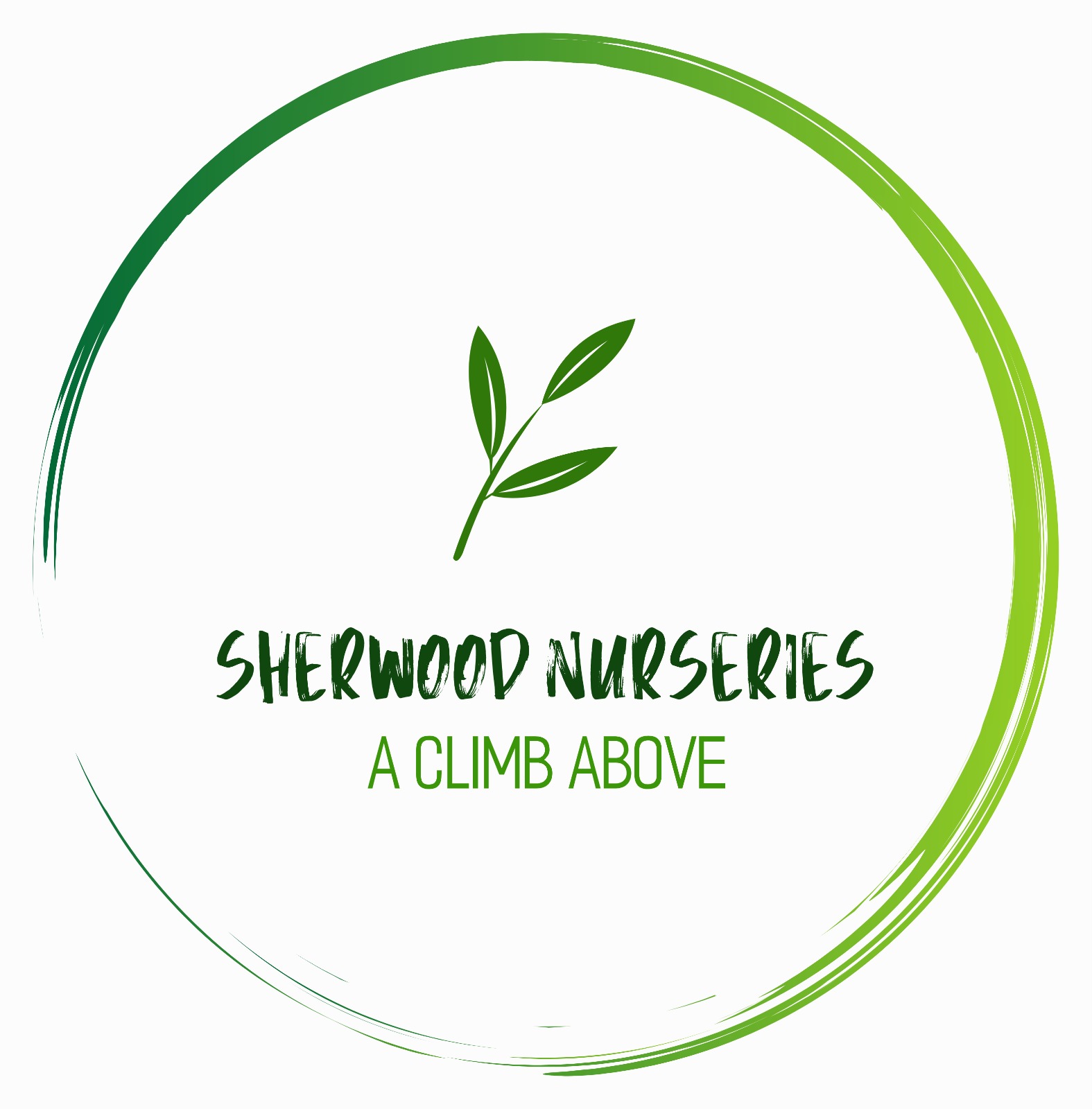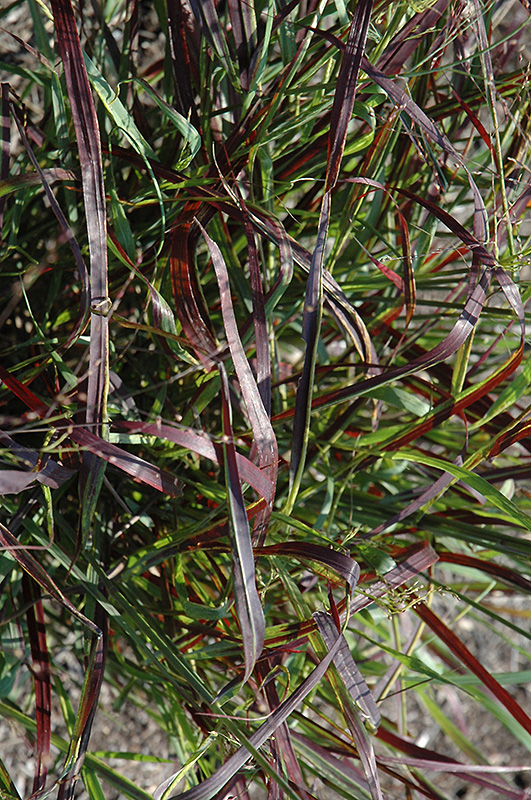Plant Height: 3 feet
Flower Height: 4 feet
Spread: 30 inches
Sunlight:
![]()
![]()
Hardiness Zone: 3a
Description:
Stunning and compact, this variety is the perfect choice for adding a pop color to garden beds, hedges, large containers or around the poolside; blue-green blades of grass are heavily variegated with wine-purple; tan flowerheads in late summer
Ornamental Features
Blood Brothers Red Switch Grass features airy plumes of tan flowers rising above the foliage in mid summer. Its attractive grassy leaves are bluish-green in colour with showy plum purple variegation. As an added bonus, the foliage turns a gorgeous brick red in the fall. The tan seed heads are carried on showy plumes displayed in abundance from late summer to mid fall.
Landscape Attributes
Blood Brothers Red Switch Grass is an herbaceous perennial grass with an upright spreading habit of growth. Its relatively fine texture sets it apart from other garden plants with less refined foliage.
This is a relatively low maintenance plant, and is best cut back to the ground in late winter before active growth resumes. It is a good choice for attracting birds to your yard. It has no significant negative characteristics.
Blood Brothers Red Switch Grass is recommended for the following landscape applications;
- Accent
- Vertical Accent
- Mass Planting
- General Garden Use
- Container Planting
Planting & Growing
Blood Brothers Red Switch Grass will grow to be about 3 feet tall at maturity extending to 4 feet tall with the flowers, with a spread of 30 inches. It tends to be leggy, with a typical clearance of 1 foot from the ground, and should be underplanted with lower-growing perennials. It grows at a medium rate, and under ideal conditions can be expected to live for approximately 15 years. As an herbaceous perennial, this plant will usually die back to the crown each winter, and will regrow from the base each spring. Be careful not to disturb the crown in late winter when it may not be readily seen!
This plant does best in full sun to partial shade. It is very adaptable to both dry and moist locations, and should do just fine under typical garden conditions. It is considered to be drought-tolerant, and thus makes an ideal choice for a low-water garden or xeriscape application. This plant does not require much in the way of fertilizing once established. It is not particular as to soil type, but has a definite preference for alkaline soils, and is able to handle environmental salt. It is somewhat tolerant of urban pollution. This is a selection of a native North American species. It can be propagated by division; however, as a cultivated variety, be aware that it may be subject to certain restrictions or prohibitions on propagation.
Blood Brothers Red Switch Grass is a fine choice for the garden, but it is also a good selection for planting in outdoor pots and containers. With its upright habit of growth, it is best suited for use as a 'thriller' in the 'spiller-thriller-filler' container combination; plant it near the center of the pot, surrounded by smaller plants and those that spill over the edges. It is even sizeable enough that it can be grown alone in a suitable container. Note that when growing plants in outdoor containers and baskets, they may require more frequent waterings than they would in the yard or garden. Be aware that in our climate, most plants cannot be expected to survive the winter if left in containers outdoors, and this plant is no exception. Contact our experts for more information on how to protect it over the winter months.


